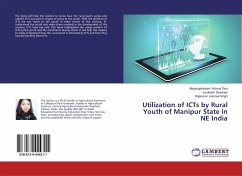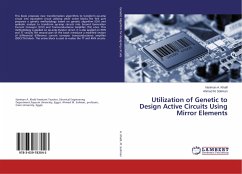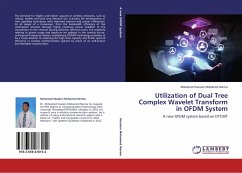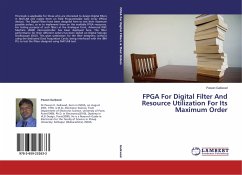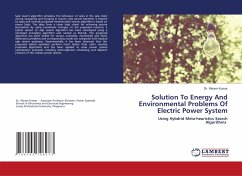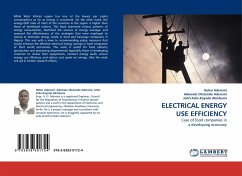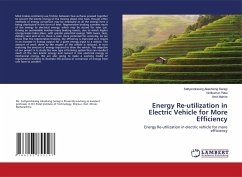
Energy Re-utilization in Electric Vehicle for More Efficiency
Energy Re-utilization in electric vehicle for more efficiency
Versandkostenfrei!
Versandfertig in 6-10 Tagen
27,99 €
inkl. MwSt.

PAYBACK Punkte
14 °P sammeln!
Most brakes commonly use friction between two surfaces pressed together to convert the kinetic energy of the moving object into heat, though other methods of energy conversion may be employed as all the energy here is being distributed in the form of heat. Regenerative braking converts much of the energy to electrical energy, which may be stored for later use. Driving an automobile involves many braking events, due to which higher energy losses takes place, with greater potential savings. With buses, taxis, delivery vans and so on there is even more potential for economy. As we know that the r...
Most brakes commonly use friction between two surfaces pressed together to convert the kinetic energy of the moving object into heat, though other methods of energy conversion may be employed as all the energy here is being distributed in the form of heat. Regenerative braking converts much of the energy to electrical energy, which may be stored for later use. Driving an automobile involves many braking events, due to which higher energy losses takes place, with greater potential savings. With buses, taxis, delivery vans and so on there is even more potential for economy. As we know that the regenerative braking, the efficiency is improved as it results in an increase in energy output for a given energy input to a vehicle. The amount of work done by the engine of the vehicle is reduced, in turn reducing the amount of energy required to drive the vehicle. The objective of our project is to study this new type of braking system that can recollect much of the cars kinetic energy andconvert it into electrical energy or mechanical energy. We are also going to make a working model of regenerative braking to illustrate the process of conversion of energy from one form to another.



